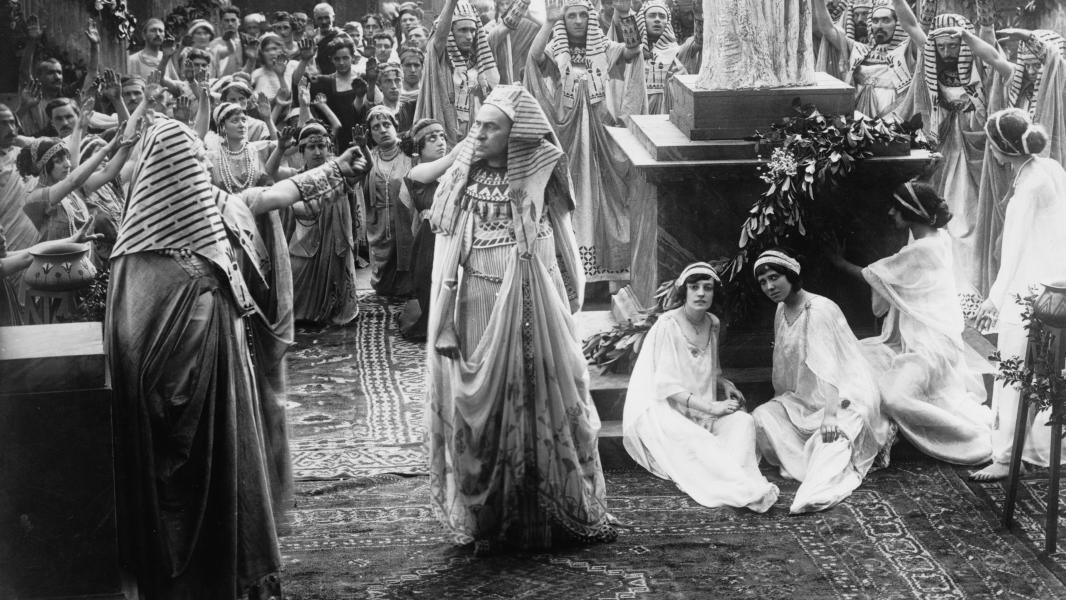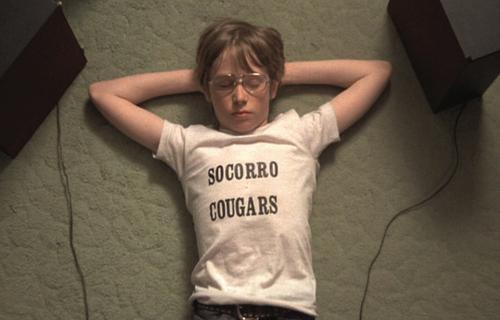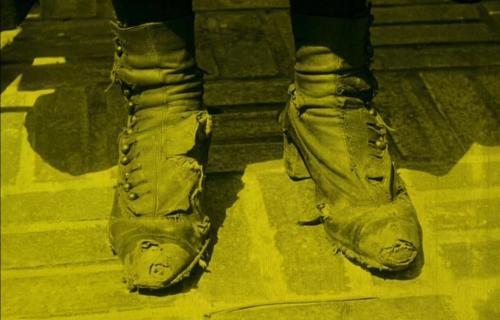
english below
Twee driehoeksverhoudingen kruisen elkaar in het oude Pompeï. Glaucus koopt de blinde Nidia, een slaaf die door haar eigenaar wordt mishandeld, en zij wordt verliefd op haar nieuwe meester. Glaucus heeft zijn hart echter verloren aan Jone, die in de Egyptische hogepriester Arbace nog een andere aanbidder heeft. Nidia gaat te rade bij Arbace in de hoop Glaucus’ hart voor zich te winnen, zonder te beseffen dat Arbace slechts in de zin heeft.
De uitbarsting van de Vesuvius, moord, waanzin, onbeantwoorde liefde, gladiatoren. GLI ULTIMI GIORNI DI POMPEII is een schouwspel en een van de boegbeelden van de vroege Italiaanse spektakelfilm, die met haar epische inhoud en langspeellengte sterk zijn tijd vooruit was op de films die in andere landen werden gemaakt. Met een release in 1913 liep GLI ULTIMI GIORNI DI POMPEII twee jaar voor op D.W. Griffiths THE BIRTH OF A NATION, dat vaak wordt aanzien als de eerste echte langspeelfilm. De film zorgde in zijn tijd voor opschudding en is van grote historische waarde binnen de stille filmgeschiedenis.
De Cinema’s vaste muzikale waarde Hilde Nash zal de film live muzikaal begeleiden op piano.
ENG
Two love triangles set in ancient Pompeii. Glaucus buys the blind Nidia, a slave who has been mistreated by her owner, and she falls in love with her new master. However, Glaucus has lost his heart to Jone, who is also desired by Egyptian high priest Arbace. Nidia consults Arbace in the hopes to win Glaucus’ love, without realizing Arbace has bad intentions.
The eruption of the Vesuvius, murder, insanity, unrequited love, gladiators. GLI ULTIMI GIORNI DI POMPEII is one of the frontrunners of the Italian spectacle film, that was ahead of its time with its epic contents and feature length. With its release in 1913, GLI ULTIMI GIORNI DI POMPEII was two years ahead of D.W. Griffith’s THE BIRTH OF A NATION, which was widely considered the first feature-length movie. In its day, the movie caused quite the uproar and it remains hugely influential in the history of silent cinema.
Pianist Hilde Nash is on duty to improvise a live soundtrack to the film.



